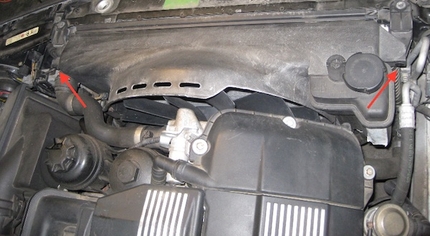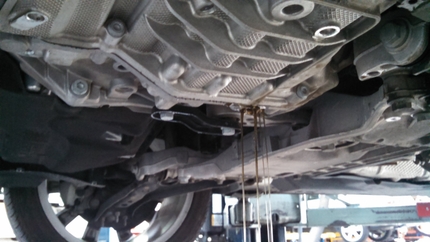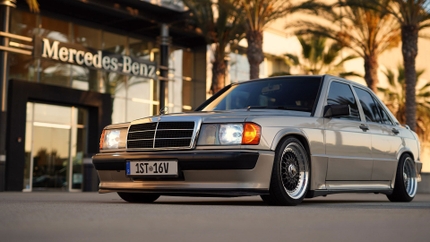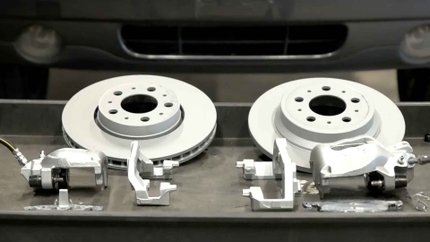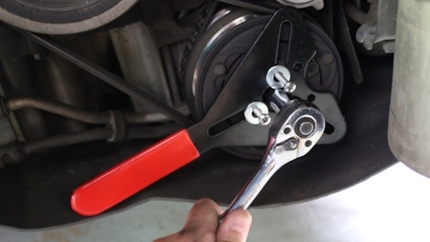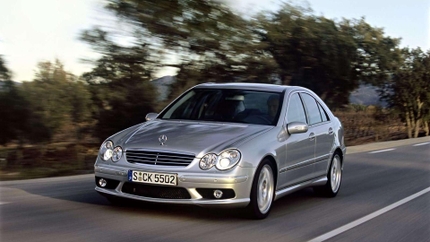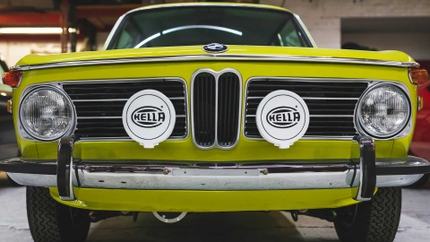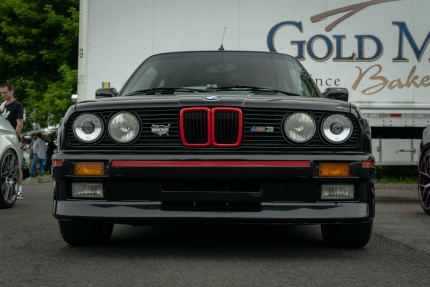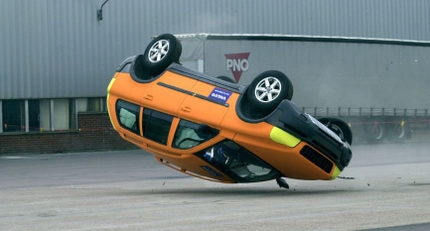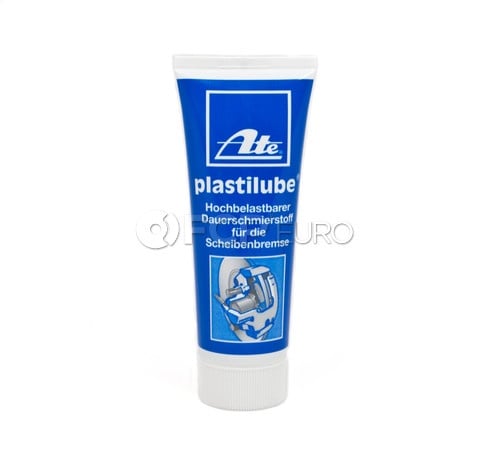
Here's a common question we get all the time about brake pads: "When replacing brake pads is it better to lubricate the entire backing of the pad, the contact points with the carrier and piston, or to not lube at all? Also, what type of compound is better to use; anti seize, silicone grease, or other? Is an anti squeaking compound necessary on the pad material?"
Answer: Personally, I prefer to lube the entire backing of the pad and all contact points with a silicone grease. A light layer should be applied between the shim and the metal part on the back of the pad. This keeps the shim from rattling between the caliper/piston and the metal backing of the pad itself. Some technicians are opposed to the idea but you have to consider vibrations, sometimes under extreme load the brake pads have the tendency to chatter. You might get some brake dust to stick to the grease but it doesn't inhibit it's performance. I prefer ATE Plastilube lubricant, but any silicone based brake great will work just fine. Typically I won't use an anti squeaking agent unless I'm using a performance pad that's known to be a harder compound. The more pressure that's applied to the braking system, the more vibrations you will get. A stop squeak will minimize this and reduce or eliminate noise.
What's your experience with lubricating (or not lubricating) the back of brake pads?


